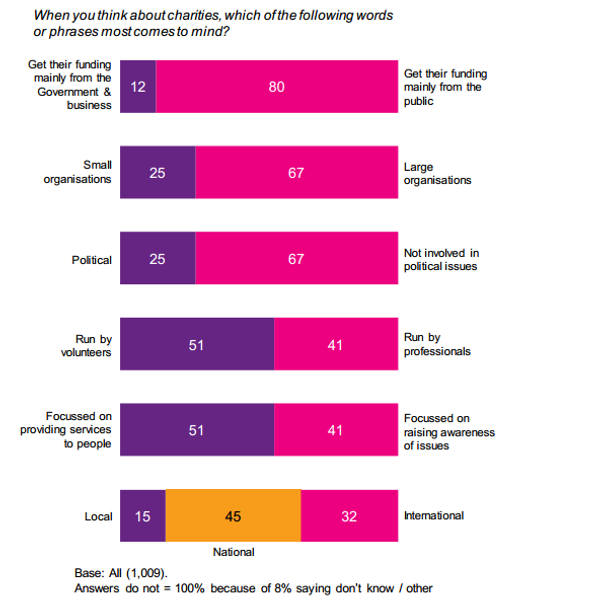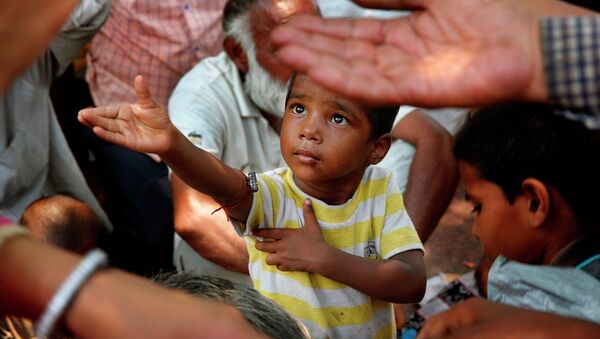Data collected as part of a Thomson Reuters Foundation investigation found that 12 of the 25 largest humanitarian NGOs recorded annual losses of just $2.7 million (0.03 percent of annual turnover) between 2009 and 2014.
However, many experts in the field have scoffed at the official figures, saying that the amount of money lost through fraud would be much higher if official figures were released.
What's behind the business of #aid? Some interesting stats and facts http://t.co/64jJ48D9oq pic.twitter.com/B9ahVTnNYU
— TR Foundation (@TR_Foundation) July 15, 2015
False Reports
Eight of the biggest NGOs questioned in the survey about charitable aid accountability declined to provide any more details on fraud losses, saying they had reported their financial losses to regulators.
International Rescue Committee, Christian Aid and International Medical Corps said they did not provide information on fraud losses publicly, while other NGOs, including Action Against Hunger (ACF) International, Catholic Relief Services, Feed The Children, Samaritan's Purse, and Global Communities failed to respond to questions on fraud.

However, some analysts believe some humanitarian NGOs don't classify losses of money as fraud as a result of the complex legal and administrative implications.
"Most NGOs in many cases will not report fraud as fraud because they will have a long paper trail coming after them," transparency and development researcher Till Bruckner said.
"Accounting demands in the field are unrealistic and come on top of the pressures associated with helping people, meaning NGO staff will at times produce fictitious paperwork, providing an illusion of accountability."
Silence Raises Corruption Concerns
The findings have sparked concern among many transparency activists, who argue that fraud and corruption is rife in conflict and disaster zones.
Other critics have also said that not publicly releasing information on fraud is particularly hypocritical from humanitarian aid organizations, who are often subject to accusations of corruption and who often rely on donations as a significant source of their funding.
"There needs to be more pressure on NGOs to ensure they provide clear figures which are timely, reliable, useful and comparable," said Robert Bourgoing, founder of aid transparency website AidInfoPlus.org.
Among the high profile instances of NGOs being defrauded included World Vision — the world's largest humanitarian NGO by expenditure — who lost track of $1 million of its resources during the 2013-2014 financial year.
A large majority of the losses was put down to events in Zambia, where malpractice between staff and outside vendors and banks resulted in more than $500,000 going missing, however the organization confirmed that half of the missing funds had been recovered and the perpetrators arrested.


